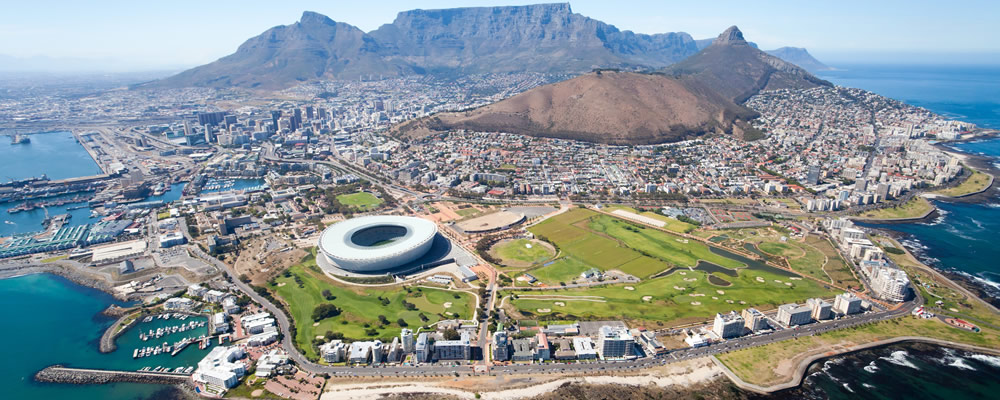ECB Draghi Talks down Central Bank Decision to Remove Easing Bias – Euro (EUR) Exchange Rates Slip
The Euro South African Rand (EUR/ZAR) exchange rate fell on Friday as markets reacted to European Central Bank (ECB) President Mario Draghi downplaying the significance of the bank removing their easing bias from the March statement.
The central bank voted against raising interest rates at this meeting, as markets widely expected, though economists were excited to see that the ECB removed their easing bias, seemingly indicating that the time for normalising monetary policy neared.
Mr Draghi soon talked down these ideas, however, stating in the accompanying press conference that the decision to expand their quantitative easing program had been added to the bank’s rate statement back in 2016 when the context was very different.
He also stated that the ECB maintains its pledge to continue its asset purchase program until September 2018, or indeed beyond ‘if necessary’.
Beyond this, the ECB’s growth forecasts were revised for 2018 from 2.4% to 2.3% in December.
Combined, this news continued to encumber the single currency, with the imminent release of the US labour market stats also proving a notable thorn in the Euro’s side.
Rand (ZAR) Exchange Rates Limited by Trade War Fears and Land Grab Woes
The South African Rand (ZAR) might be in the lead today, but its upward potential continues to be limited by a whole host of problems.
Chief amongst these are the latest talks of a trade war, with US President Donald Trump officially signing a proclamation today for a 25% tariff on steel and a 10% tariff on aluminium (temporarily excluding Mexico and Canada).
These will come into effect in 15 days, with the US president hoping that the tariffs will revive, and better protect the US steel and aluminium industries.
‘You are truly the backbone of America, you know that. Very special people,’ President Trump told the workers. ‘We have to protect our steel and aluminium industries while at the same time, showing great flexibility with people who are really friends of ours’.
Both China and the EU have threatened to retaliate with tariffs of their own, however, a prospect that bodes extremely poorly for riskier, commodity focused economies like South Africa’s.
Beyond this, investors continue to be hesitant to invest too heavily into South Africa after the latest constitutional change that allows land expropriation without compensation.
President Cyril Ramaphosa has since urged people not to panic about the issue, and stressed that ‘farming activities must continue as normal and investment in land and farming must continue’, but the sentiment remains that vast swathes of white-owned land could be seized at any moment, legally, by the state.
This has lowered the attractiveness of the region to investors, but the decision also poses a huge potential threat to the country’s agriculture – their primary export.
EUR/ZAR Exchange Rate Forecast: US Labour Market Figures Liable to Limit the Euro
The Euro South African Rand (EUR/ZAR) exchange rate could come under even more pressure later today depending on the performance of the US labour market statistics.
Analysts are currently expecting the highly significant US unemployment rate to fall from 4.1% to 4.0%, an event that would underline further tightening in the US labour market and likely propel the US Federal Reserve even closer to a rate hike this very month.
If this occurs then demand could be hastily siphoned away from the Euro, particularly with the US Federal Reserve regarded as on track for 4 rate hikes this year, rather than the previously anticipated 3.



